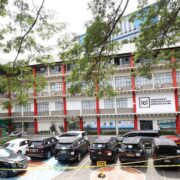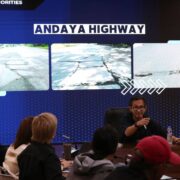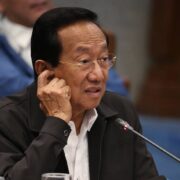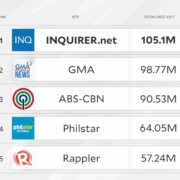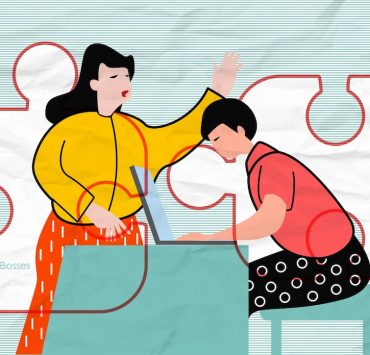Beyond the ride: How student fare discounts also benefit other sectors

The Philippines is in dire need of good governance—not only in the upper ranks of government, but also in everyday systems that affect ordinary citizens such as education and public transport. Specifically, let’s look at Republic Act No. 11314 or An Act Institutionalizing the Grant of Student Fare Discount on Public Transportation and for Other Purposes. Disregarding it has become the norm, as does the lack of awareness of the Act for Public Utility Transportation Operators.
Asking for the mandatory 20-percent student discount is often met with the response: “Eh di ka naman galing school,” from drivers despite one wearing a school uniform and student ID, the only proof needed, according to RA 11314.
Additionally, some PUV operators argue that the student discount can only be availed of during school days, not during weekends or holidays. This is contrary to Section 4, Paragraph 2 of RA 11314, which states that the fare discount shall be available during the entire period while the student is enrolled, including weekends and holidays. This is especially significant for students attending extracurricular activities—as these are often held outside school hours, during weekends, and/or holidays.
Beyond the question of whether sympathy should overrule the law, it should be noted that tolerating such neglect or non-adherence to the law can cascade into a larger issue and creates barriers that affect students, especially those in dire financial straits.
PUV operators, too, can be held liable for not abiding by this law. As mandated in Section 9, a student refused the fare discount privilege may file a complaint with the Land Transportation and Franchising and Regulatory Board for land transport, except for tricycles which are under the purview of the office of the local chief executive of the local government unit concerned. Trains (like the MRT and LRT) are meanwhile regulated by the legal service of the Department of Transportation, while air transport falls under the Civil Aeronautics Board. The Maritime Industry Authority supervises sea or water transport.
Penalties for failure to comply with RA 11314 are as follows: for drivers, one month suspension of license for the first offense, with one month increment for subsequent offenses until the fourth offense, when a penalty of P1,000 is imposed.
Little appreciated as well is that the law also creates benefits for the service providers. Section 7 states that PUV operators may claim as tax deduction the student fare discounts for the same taxable year. Section 8, meanwhile, allows appropriate government agencies to render assistance and relief for operators and drivers if necessary, through reduction of or exemption from some regulatory fees and charges.
We must aim to minimize the financial burden of Filipino students so they can focus on studying and molding themselves to be productive citizens. Likewise, operators and public utility sectors must continue to support the future generation by acting on laws such as RA 11314.
Matthew M. Ladipe,
Parañaque City



